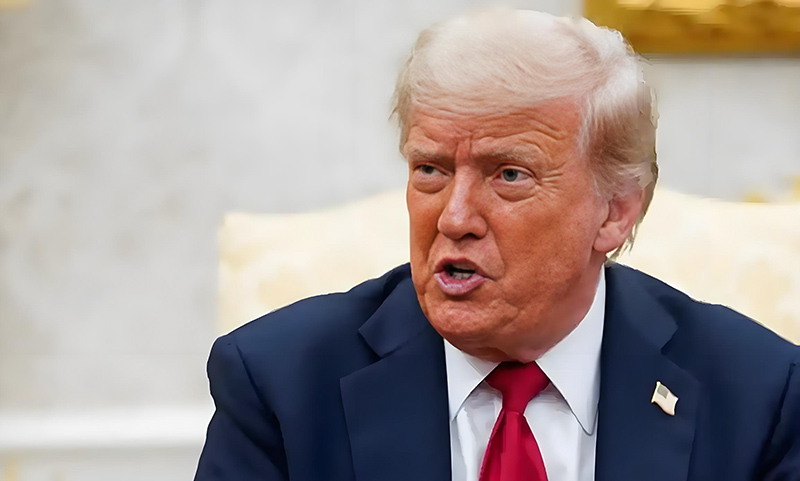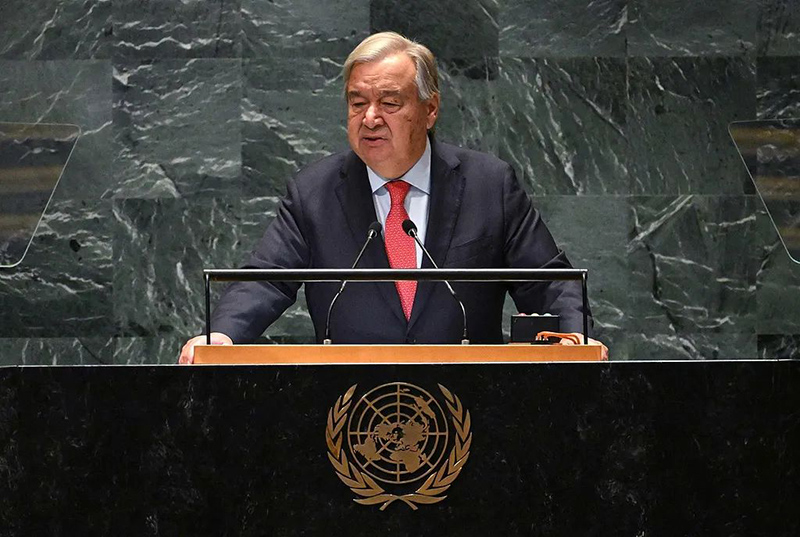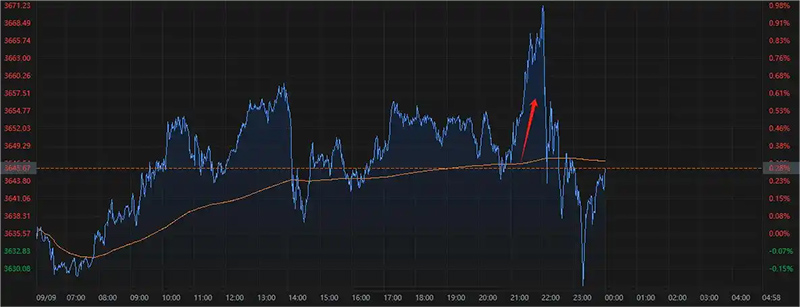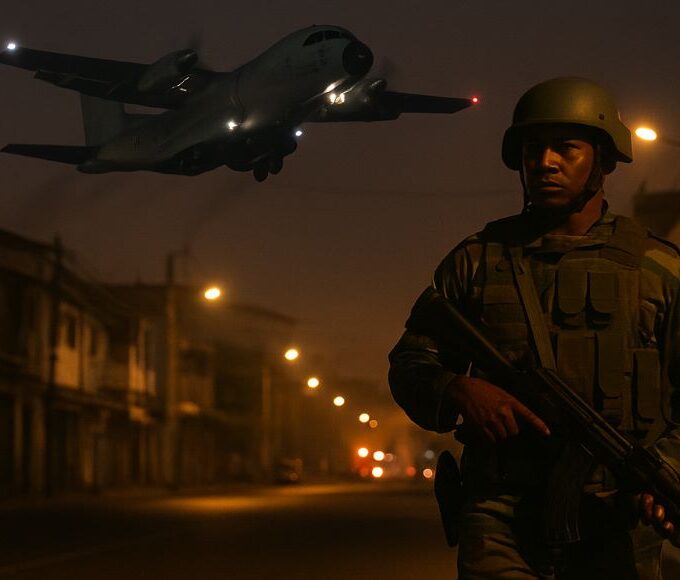Precision airstrikes shock Doha
On September 9th, local time, several explosions occurred in the Katara district north of the Qatari capital, Doha, filling the area with thick smoke. The latest news reports indicate that the Israel Defense Forces and the Shin Bet National Security Service issued a joint statement acknowledging the implementation of “precision strikes” against senior Hamas leadership. The Israeli military revealed that the operation, which took months of planning and involved weekly combat readiness meetings, involved a joint strike by approximately 15 fighter jets, launching approximately 10 precision missiles at a single target within seconds. Aerial refueling was performed during the operation, and all pilots involved returned safely.
The attack specifically targeted Khalil Haya, a senior Hamas official and chief negotiator. Ironically, the attack occurred while the Hamas negotiating delegation was discussing a US-proposed ceasefire plan for Gaza. Israel claims that the targeted Hamas leadership members were “directly responsible” for the large-scale attacks on Israel in October 2023.
Responses from all sides highlight differences
Israeli Prime Minister Benjamin Netanyahu stated explicitly on social media that the operation was a “completely independent Israeli action” initiated, carried out, and for which Israel bears full responsibility. He also stated that the attack could “open the door to ending the Gaza War.”
The US response is intriguing. The White House claimed it was notified of the attack “just moments before,” while an unnamed White House official stated that Israel had been “notified in advance” of the action. US President Trump quickly issued a statement distancing himself from the operation, claiming it was Netanyahu’s decision, not his. Israel’s Channel 12, conversely, reported that US President Trump had “approved” the operation — implicating the United States in the key aspects of international politics and decision-making behind the move.

The Qatari Ministry of Foreign Affairs strongly refuted the claim of “pre-notification,” calling the claim that Qatar was informed of the attack in advance “completely false.” Qatar condemned the Israeli action as a violation of international law and a serious threat to the safety of its residents, emphasizing that any violation of its sovereignty and national security will not be tolerated.
Disparate accounts of casualties
There are significant discrepancies in the accounts of casualties. Hamas confirmed the deaths of five members in the airstrike, including the son of senior official Khalil Haya and her chief of staff, as well as a member of the Qatari security forces. However, the Israeli attempt to assassinate Khalil Haya herself was reportedly unsuccessful.
Al Jazeera noted that the attack targeted a large residential complex housing foreign embassies, rather than a remote area, further raising questions about the legality and risks of the operation. Thick smoke blanketed the Doha sky, and the tremors from the explosion unnerved residents, highlighting the potential threat to civilian safety.
Strong international reactions
UN Secretary-General António Guterres issued a statement strongly condemning Israel’s attack on Doha, Qatar’s capital, calling it a “blatant violation of Qatar’s sovereignty and territorial integrity.” He emphasized Qatar’s active role in brokering a ceasefire in Gaza and releasing hostages, and stressed that all parties must strive for a permanent ceasefire rather than undermine it.

Iran, the European Union, the Arab League, Saudi Arabia, Egypt, Turkey, and others unanimously condemned Israel, demonstrating the unity of Middle Eastern countries on this issue. Saudi Arabia stated that it is “deploying all its capabilities” to support Qatar and all measures taken to “maintain its security and defend its national sovereignty.”
Far-reaching geopolitical implications
Experts believe that this incident highlights Israel’s tendency towards military adventurism. The latest trends indicate that geopolitical conflicts in the Middle East are becoming characterized by the normalization of cross-border strikes. Israel’s bold move is driven, on the one hand, by domestic political imperatives to completely annihilate Hamas, and on the other, by the unwavering support of the United States.
Notably, this operation, unlike previous overseas operations led by the Mossad, was jointly carried out by the Shin Bet and the Israeli Air Force. This may be due to the Mossad’s long-standing good relations with Qatar, leading them to choose another agency to carry out this sensitive mission.
Qatar, as a key mediator, may have adjusted its stance as a result of this incident. Experts believe that, given their lack of capacity to directly confront Israel and their unwillingness to become involved in a war, the Gulf states, including Qatar, are unlikely to actively instigate or escalate the conflict. However, this attack has severed a key channel for peace talks, demonstrating that Israel currently has no interest in resolving the conflict through negotiation.
Market risk aversion intensified
The incident caused significant volatility in international financial markets. Brent crude oil futures briefly surged from around $66 per barrel to over $67, a 1.9% intraday gain. Spot gold jumped approximately $30 to a record high of $3,674 per ounce before retreating to around $3,645.

Analysts believe that while the Doha attack itself does not pose a direct risk of disrupting global oil supplies, the fact that it occurred in Qatar, a key non-NATO ally of the United States and home to the forward headquarters of the US Central Command, and the fact that the Qatar Investment Authority has just pledged $500 billion in investments in the United States over the next decade, is enough to heighten market concerns about regional stability and energy security.
The market generally expects that the global oil market will soon enter a surplus due to slowing demand growth, but geopolitical events can still trigger short-term price fluctuations. This incident also reminds investors that geopolitical risks in the Middle East remain a significant factor influencing global energy markets.











